
Foetal wellbeing tests during late pregnancy
Foetal wellbeing tests during late pregnancy
Foetal movement counts (after 28 weeks)
Be aware of your baby’s pattern of movements on a daily basis by counting four foetal movements in the hour after a meal every day.
If you are concerned about your baby’s movements, contact your caregiver.
Non-stress test
A test in which foetal movements felt by the mother or noted by the doctor are recorded, along with changes in foetal heart rate.
Stress test
A test in which the baby’s heart rate is monitored while the uterus is stimulated, either by using oxytocin or nipple stimulation. Oxytocin is a hormone that stimulates contractions during labour.
Related articles

Further comfort measures for pain relief
Distractions like breathing, visualising or fixing on one point can take your mind off the pain.
5 mins to read
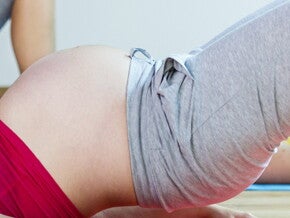
Levels of fitness
First trimester
Your fitness is likely to decrease. Listen to your body and only do what you feel comfortable doing.
Second trimester
5 mins to read

Monitoring your response to exercise
It is important to monitor your response to your exercise programme by taking your pulse-rate before, during and after exercise.
5 mins to read
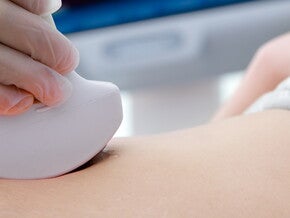
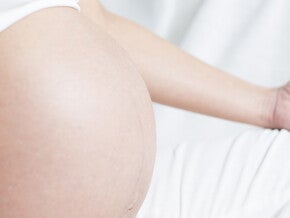

Criteria for prenatal classes
Instructor’s credentials, for example, midwife, physiotherapist.
Instructor’s specialised training in childbirth education.
5 mins to read
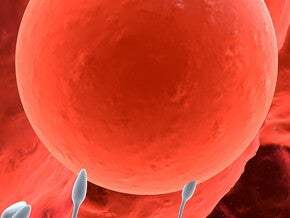
Conception
The fertilised egg divides into two identical cells – then four, then eight, then 16, and then many billions, and 266 days later – your baby.
1 min to read

Health and fitness
Ideally, you should assess your health and fitness. You may need to make some changes to your lifestyle
3 mins to read

Why exercise during pregnancy?
Exercise leads to improved circulation, which in turn can reduce the severity of varicosities (varicose veins).
5 mins to read

Nutrition
Your nutritional status at the time of conception and in the crucial early weeks of pregnancy is significant for the successful outcome of the pregnancy.
1 min to read

Types of exercise
Your safety and that of your baby are of prime importance at all times. You may begin to exercise in early pregnancy and continue for as long as you feel comfortable.
5 mins to read

Exercise during and after pregnancy
“I am pregnant – can I exercise?”
5 mins to read

Exercise
Feeling healthy, stress-free and relaxed will only help the chance of you and your partner falling pregnant.
1 min to read

Increasing postural awareness and correction take
Take particular care of your back during and after pregnancy – protect it from strain and possible injury.
5 mins to read

Adjusting to pregnancy
Discovering that you are pregnant brings about a variety of new feelings.
5 mins to read

Hazards to pregnancy
Pregnancy is usually diagnosed several weeks after conception. It is, therefore, advisable to avoid risk factors if you are planning to become pregnant.
2 mins to read
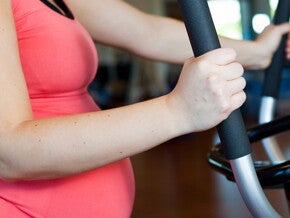
Maintaining and improving fitness
Stimulating the cardiovascular system through aerobic exercise helps to maintain and improve your fitness during pregnancy.
5 mins to read

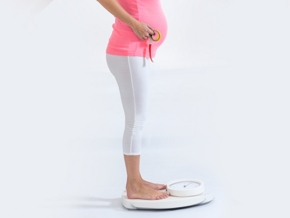
How Much Weight Should I Gain During Pregnancy?
There are many things you can do to prepare for the delivery of a healthy baby. One of the most important things is eating right to gain the extra weight you’ll need to support another life.
4 mins to read